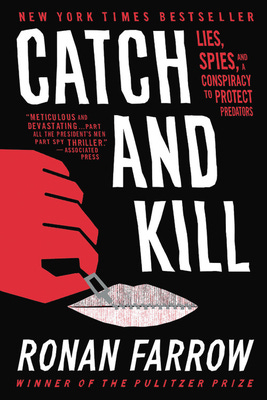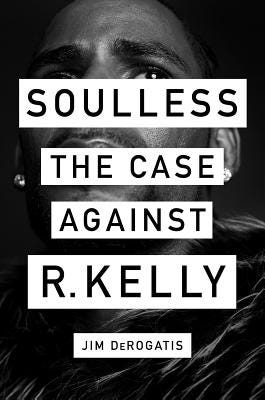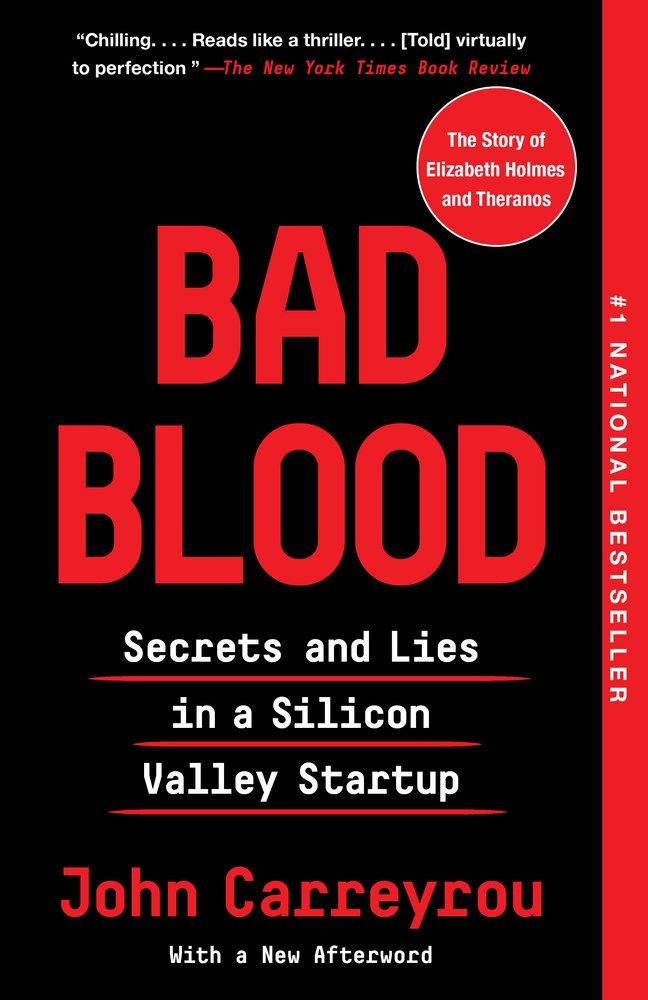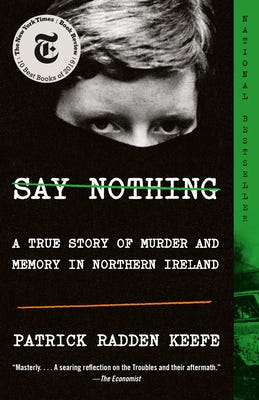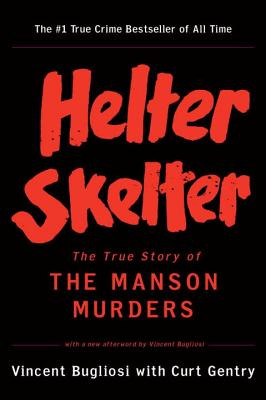Investigative Non-Fiction: What Should I Read #4
As 2020 shows us, truth is crazier than fiction.
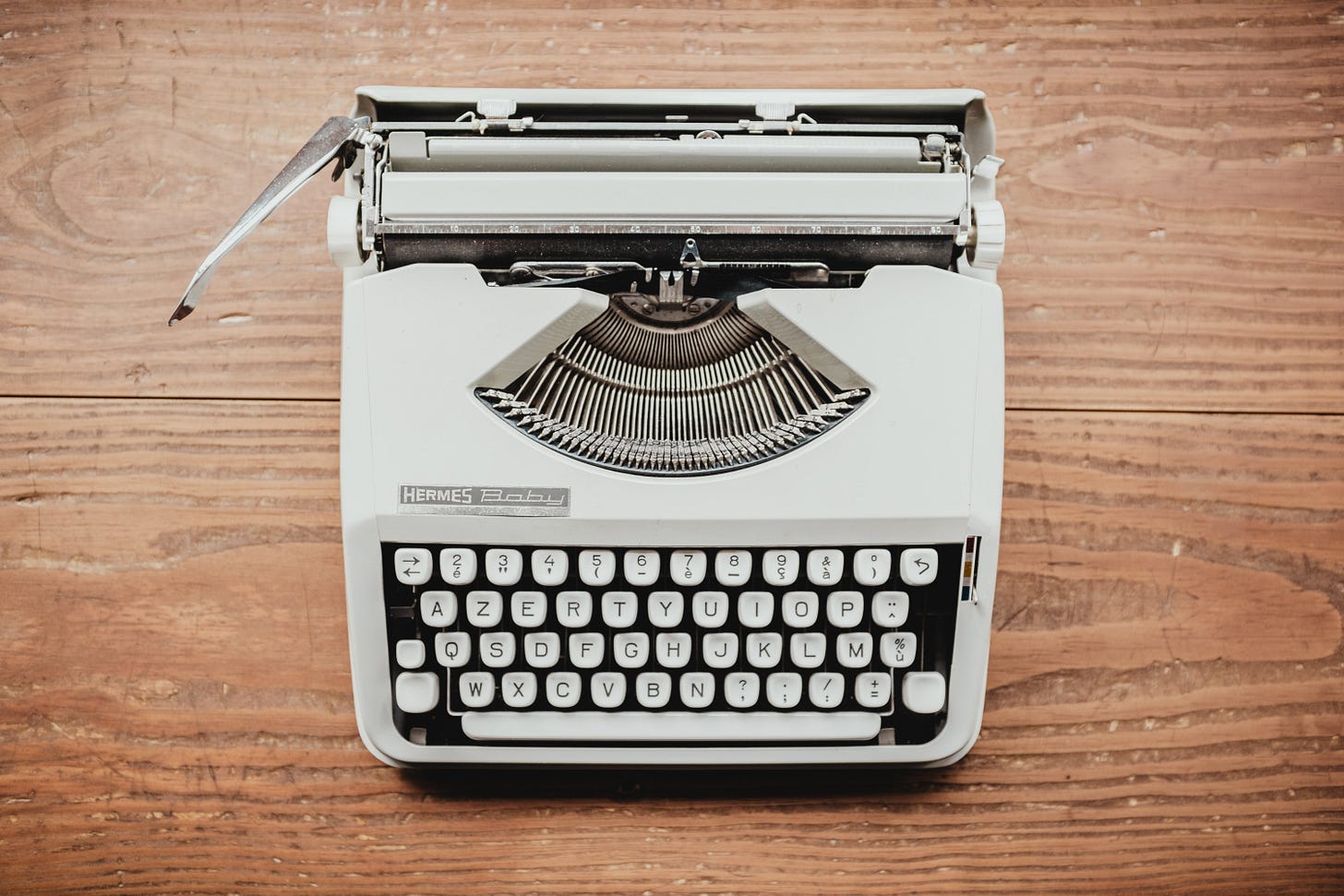
Until well into my early adulthood, I almost never read non-fiction. And while I stand by my steady childhood diet of fiction as the foundation of just about every characteristic I possess (wordy! empathetic! eager to visit Avonlea!), as an adult I devour non-fiction as a way to educate myself about things I never learned, to understand history as a predictor of the future … and also because surprise, surprise - they can be just as thrilling as novels!
(Oh, had you come to this obvious conclusion much earlier in your life? Yes, fine, okay, I’m a late bloomer.)
I *particularly* love investigative narrative non-fiction, especially when the author and the reporting process play an overt role in the story. We get to see the tedium, the diligence, and the lucky breaks of reporting that shape so many “stranger than fiction” true stories, as well as the systems that enable these crimes. So here are a few of my favorite investigative non-fiction reads (let me know some of your favorites in the comments!)
Gentle TW: the following books/summaries cover hard subjects including violence, assault and sexual abuse.
Catch and Kill: Lies, Spies and a Conspiracy to Protect Predators
Power summary: The generational abuses of Harvey Weinstein, the path to break the story, and the egregious exercise of power and influence to stop it.
Even if you know allllll about the Weinstein story, this book details the extraordinary lengths hundreds of people went to in enabling a monster. It’s also a thrilling read, like a true-to-life Da Vinci Code where you’re flying through the chapters, with dark humor and personal insight.
Ronan Farrow describes this book as “a love letter to journalism” and the reporting process throughout is fascinating and infuriating. (As your friend, I must advise you that this was a far better read than She Said, by Jodi Kantor and Megan Twohey, two truly talented New York Times reporters but fairly dry narrative non-fiction writers who broke much of the Weinstein case.)
Soulless: The Case Against R. Kelly
Power summary: How singer R. Kelly got away with abusing and assaulting women and girls for decades, and how the system enabled him.
Jim DeRogatis was a Chicago music critic who doggedly reported this story for NINETEEN YEARS until the tide finally turned against R. Kelly. So much of this narrative centers around the power of celebrity but also the profound failings of the judicial system and how easily so many people can turn a blind eye, especially when the victims are Black women and girls. This incredible book didn’t get the attention it deserved (maybe for the reasons I just listed?) but I can’t recommend it enough.
Bad Blood: Secrets and Lies in a Silicon Valley Startup
Power summary: Lying liars who lie. OK, it’s also about blood-testing company Theranos and how their fraud was finally exposed.
No, but I need you to read this if you haven’t. This is a humdinger of a book by any measure - galling, heartbreaking, and heroic characters, a steady drumbeat of plot, and the huge stakes that propped up this complete house of cards. I think I blew through it in an afternoon - it’s that good.
It’s also an indictment of the cult of entrepreneurship (coughSteveJobscough).
Say Nothing: A True Story of Murder and Memory in Northern Ireland
Power summary: A 30-year-old murder is solved against the backdrop of the I.R.A. and the Troubles in Northern Ireland.
I’ll blame my American upbringing for not knowing much about this period of history but this is an intense read about the escalating passions, religious divisions and tragic violence between the I.R.A. and the British Army. I was most struck by the escalating radicalization of the crushingly young Irish leaders, and how people justify or reckon with their deadly actions after the fact.
Wildcard: Helter Skelter
Power summary: the story of Charles Manson and the Family, and of the trial, told by the prosecuting attorney.
It’s the wildcard because it’s a little lurid and sensationalistic about horrific crimes, it can feel dated (it was published in 1974), and boy is attorney/author Vincent Bugliosi the hero of his own story. But it’s still an intriguing snapshot of this slice in time, of the web of cults, and of the lengthy trial process in what was not an inevitable outcome. It’s the best selling true crime book of all time, apparently, so don’t just take my word for it.
Coming next week: the best book I read in 2020! Until then, share this with a friend, maybe?




